Whether you have plain cooked pasta, flavorful spaghetti, or some other pasta dish, here's the ultimate guide to freezing cooked pasta and reheating it to perfection.
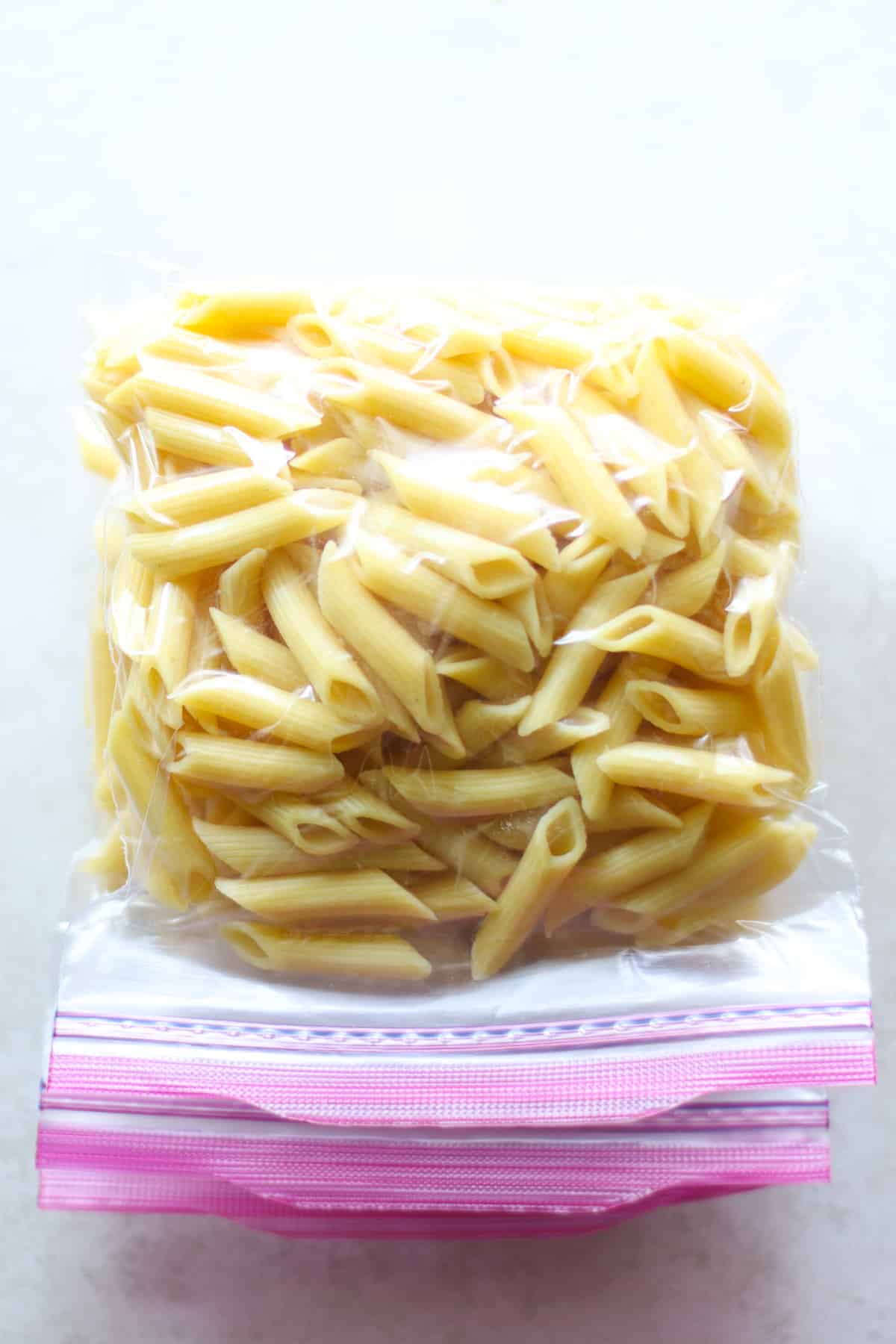
Jump to:
Why Freeze Pasta?
Cooking pasta is easy, but let's be real, it takes time and leaves us with extra dishes to tackle. So here's the ultimate hack: cook up a big batch, enjoy a portion right away, and then freeze the rest for later!
That way, you've got a stash of goodness waiting in the freezer, ready to save the day when you're too busy or too tired to cook.
No more fuss, no more waste - just grab that frozen pasta, give it a quick reheat, and enjoy an easy kid-friendly dinner that feels like a warm hug from your past self :).
The Best Pasta Types to Freeze
While you can essentially freeze all types of pasta, certain types freeze better than others. These include:
- Short pasta- such as penne, rigatoni, fusili, and shells. These sturdy shapes tend to hold up their structure after freezing and thawing.
- Stuffed pasta - such as ravioli and tortellini. They retain their shape and texture when frozen and can be cooked directly from the frozen state.
- Lasagna sheets - you can freeze them as individual sheets or assemble the lasagna and freeze it as a whole
- Egg noodles - perfect for adding to soups, stews, and casseroles.
How to Freeze Cooked Pasta
Follow these simple steps to ensure that your cooked pasta is perfectly frozen, ready to be enjoyed whenever you desire a quick and delicious meal.
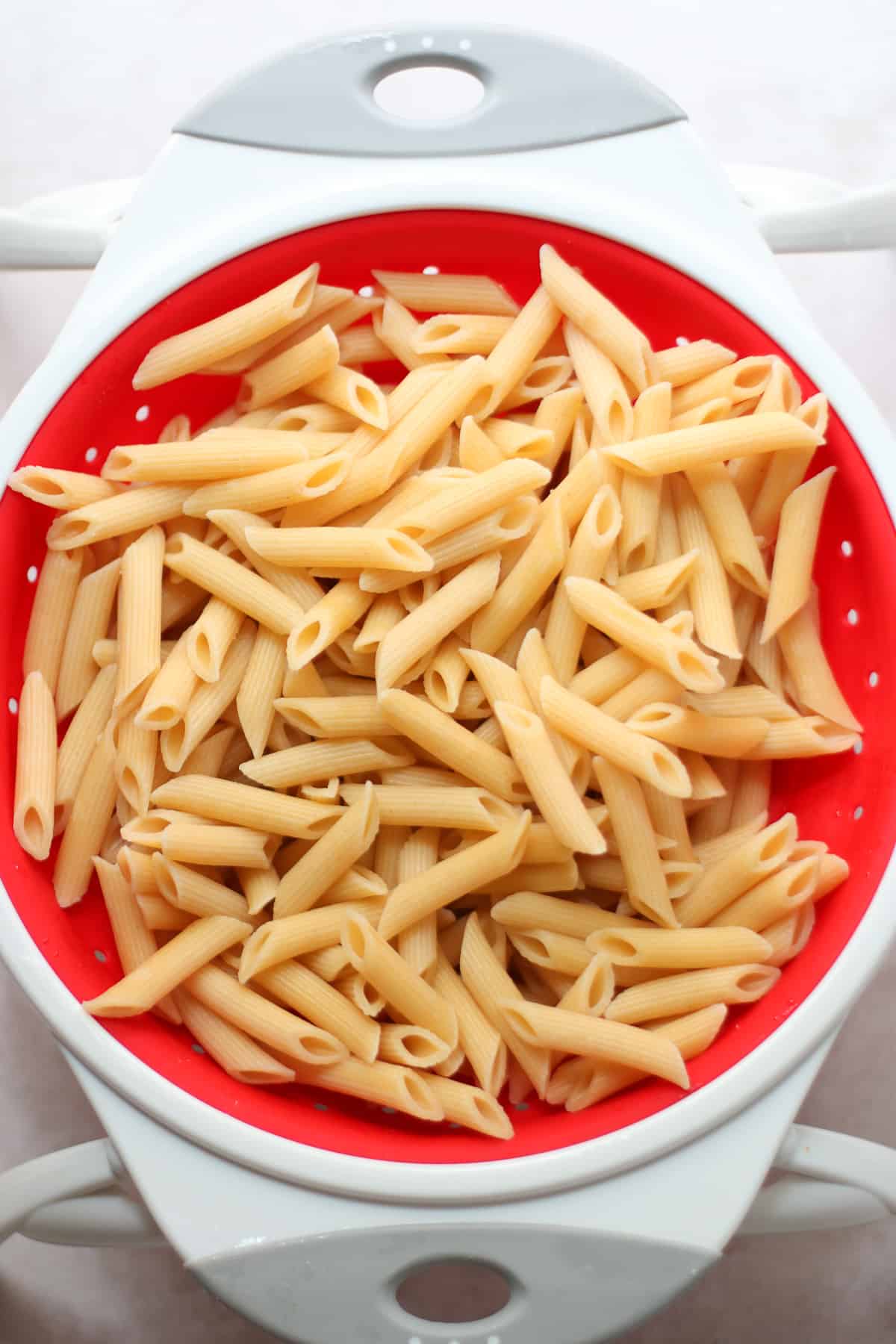
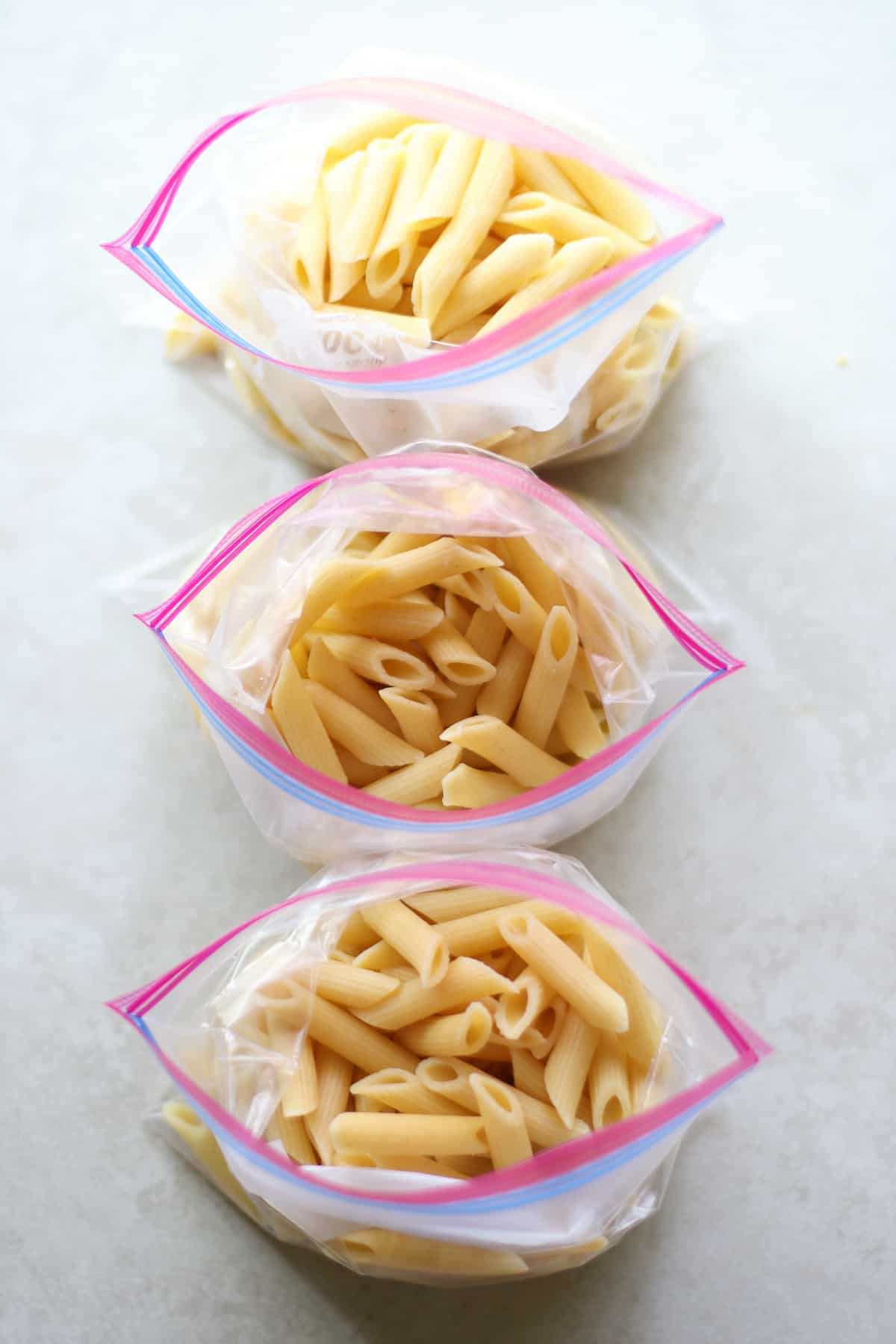
- Cook the pasta al dente, which means it should still have a slight bite to it. Overcooking the pasta can result in a mushy texture after freezing.
- Drain and cool - Drain the cooked pasta well in a colander. Rinse it briefly with cold water to stop the cooking process and cool it down quickly. Toss the pasta with a little bit of olive oil to prevent sticking. Be sure to let the pasta cool completely!
- Portion the pasta - divide the cooked pasta into individual or family-sized portions based on your needs. Consider the amount you would typically use in a single serving or for a particular recipe
- Freeze - here you have a couple of options:
- Freezer-safe bags - place individual portions of pasta into separate freezer resealable bags. Squeeze out as much air as possible before sealing the bags to prevent freezer burn. I recommend laying flat so you can stack them to save freezer space.
- Freezer-safe container - transfer the pasta portions into airtight containers, leaving some headspace to allow for expansion during freezing.
- Baking sheets - spread the cooked pasta in a single layer on a baking sheet lined with parchment paper. Place in the freezer until the pasta is frozen. Once frozen, transfer the pasta into freezer bags or containers and freeze.
- Label and date - this will help keep track of the pasta's freshness.
How long to freeze
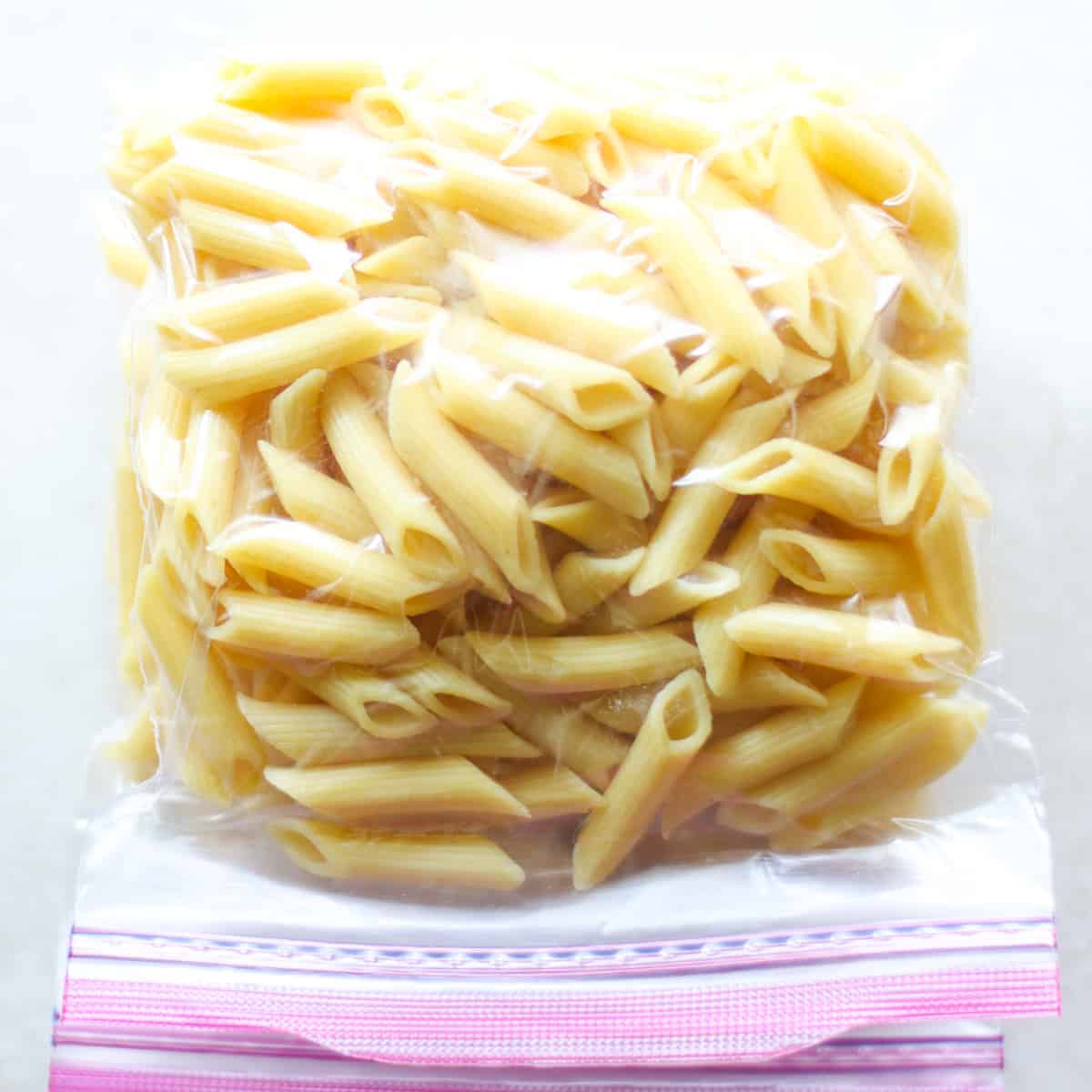
Frozen cooked pasta can be stored for up to 3 months for best quality. While it can be safe to eat beyond that time, the texture and taste may deteriorate over longer periods.
How to Reheat Frozen Pasta
For best results, thaw in the refrigerator overnight. But if you forget or need it right away, you can add to a pot of boiling water. Cook for a few minutes until the pasta is heated through and reaches the desired consistency. Be careful not to overcook!
To microwave, be sure to lay them flat in a microwave-safe container so it will heat evenly. Cover with a microwave-safe lid. Heat on medium power in intervals of 1-2 minutes, stirring in between, until the pasta is thoroughly heated.
How to Freeze Pasta Dishes
You can! Just make sure to cool the spaghetti completely before freezing, transfer properly in an airtight container or freezer bag, and label it with the date.
You can, but if possible, it is best to freeze the sauce and pasta separately for best texture.
While you can freeze it, the sauce will most likely separate and become grainy upon thawing and reheating. To improve the texture, you can gently reheat the pasta and sauce on the stovetop over low heat while stirring continuously until the sauce comes together. Be careful not to overheat it to avoid curdling the cream.
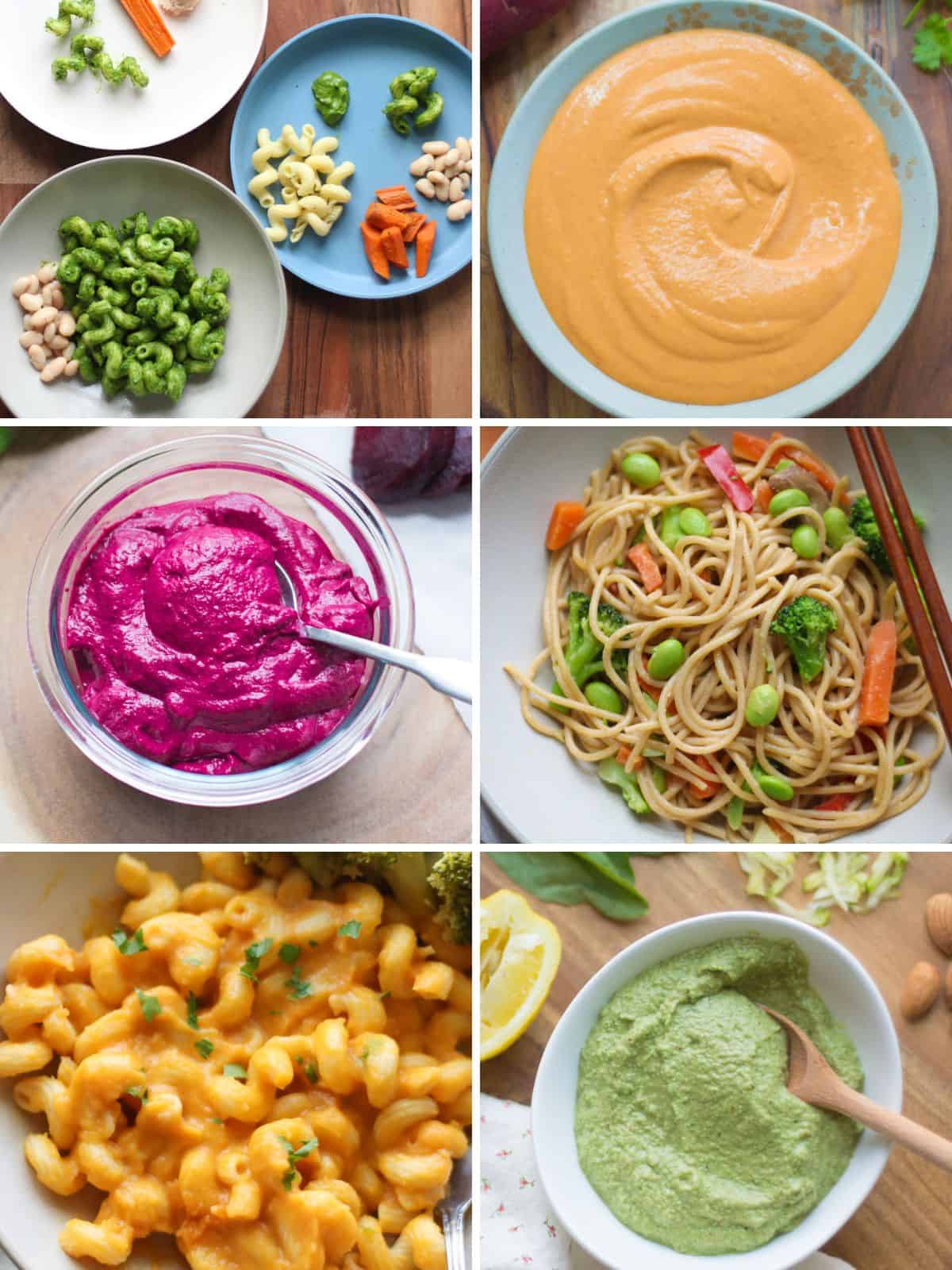
Freezer-Friendly Pasta Sauces
Now that you have frozen cooked plain pasta to enjoy at any time, here are some easy and delicious sauces to enjoy it with!





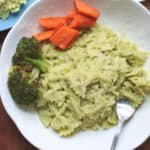

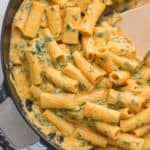

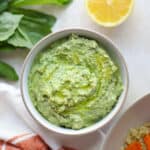
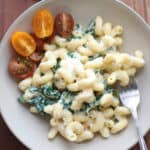
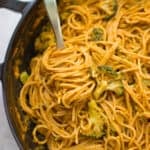
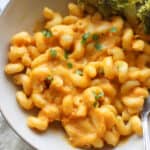
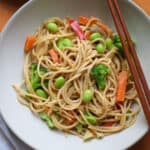
Did you make this recipe? Leave a rating below and let me know how you liked the recipe! Your feedback means so much to me!
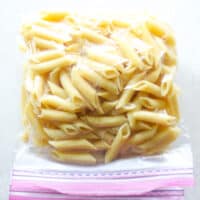
How to Freeze Cooked Pasta
Ingredients
- 1 pound cooked pasta
- Airtight containers or freezer-safe bags
Instructions
- Cook the pasta al dente, which means it should still have a slight bite to it. Overcooking the pasta can result in a mushy texture after freezing.
- Drain the cooked pasta well in a colander. Rinse it briefly with cold water to stop the cooking process and cool it down quickly. Toss the pasta with a little bit of olive oil to prevent sticking. Be sure to let the pasta cool completely!
- Portion the pasta - divide the cooked pasta into individual or family-sized portions based on your needs. Consider the amount you would typically use in a single serving or for a particular recipe
- Place into freezer-safe bags or containers.
Notes
- Freeze for up to 3 months

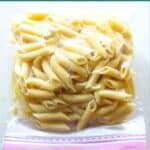

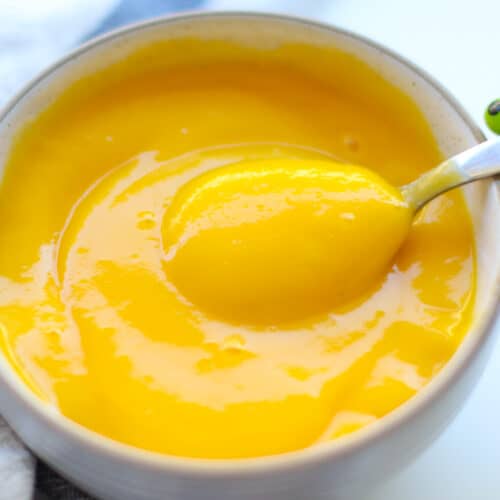
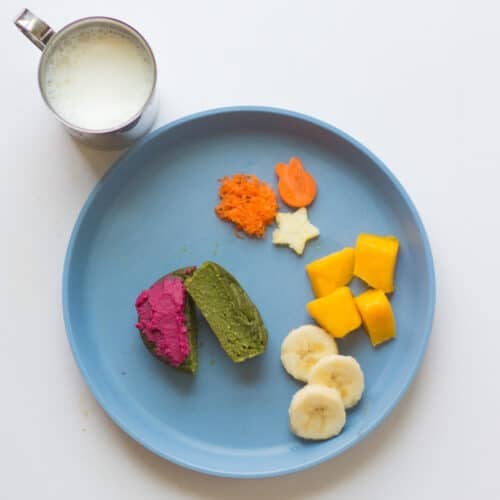
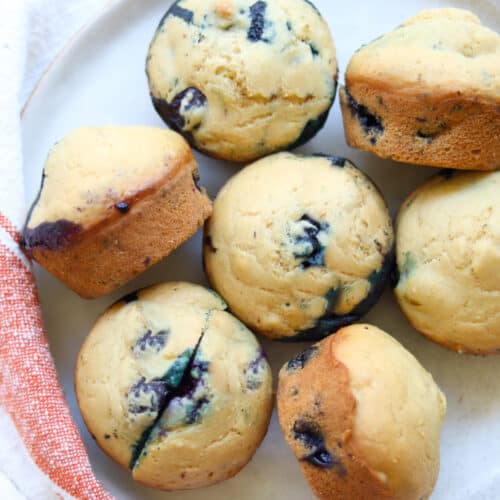

Leave a Reply